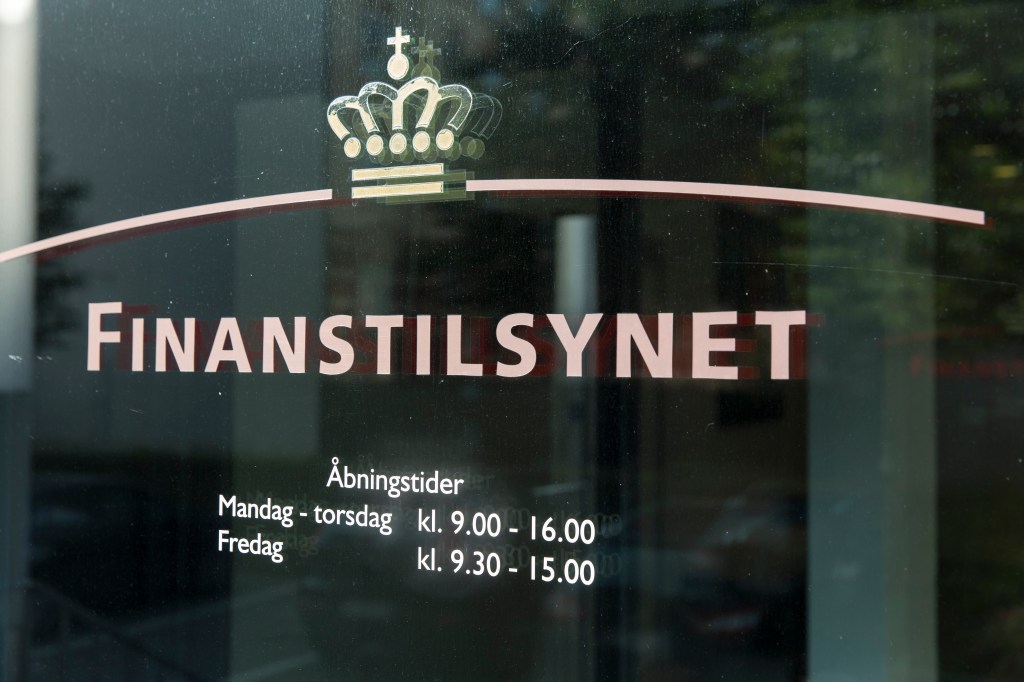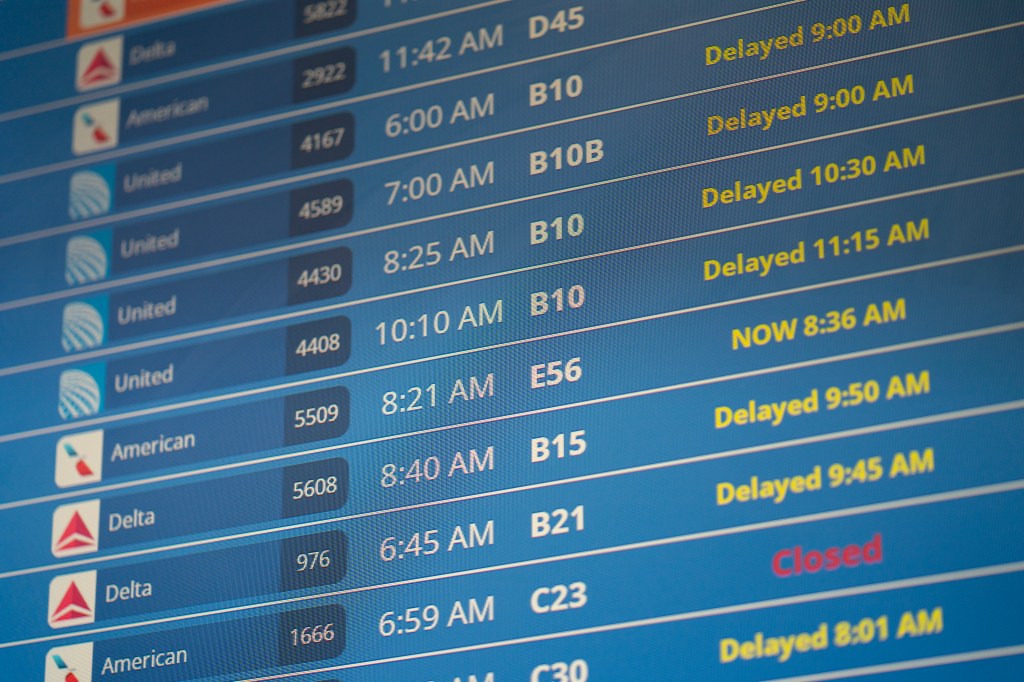It was a tumultuous July in terms of cybersecurity news, and we’re just getting our heads around it all. Lawsuits are percolating related to the global CrowdStrike IT disruption. And just as IBM informs us of the global average cost of a data breach, which is certainly not getting smaller
Register for free to keep reading
To continue reading this article and unlock full access to GRIP, register now. You’ll enjoy free access to all content until our subscription service launches in early 2026.
- Unlimited access to industry insights
- Stay on top of key rules and regulatory changes with our Rules Navigator
- Ad-free experience with no distractions
- Regular podcasts from trusted external experts
- Fresh compliance and regulatory content every day













